Five Brilliant Books to Read in October 2024
By Bartolomeo SalaOctober is a very particular month in the publishing year, with the eyes and minds of every single publishing professional 99.9 percent geared toward the Frankfurt Book Fair (i.e. the biggest publishing trade fair in the world).
Great new releases keep pouring in all the same, though. Here’s five to keep you reading as October draws to a close.
THE PLAINS, Federico Falco
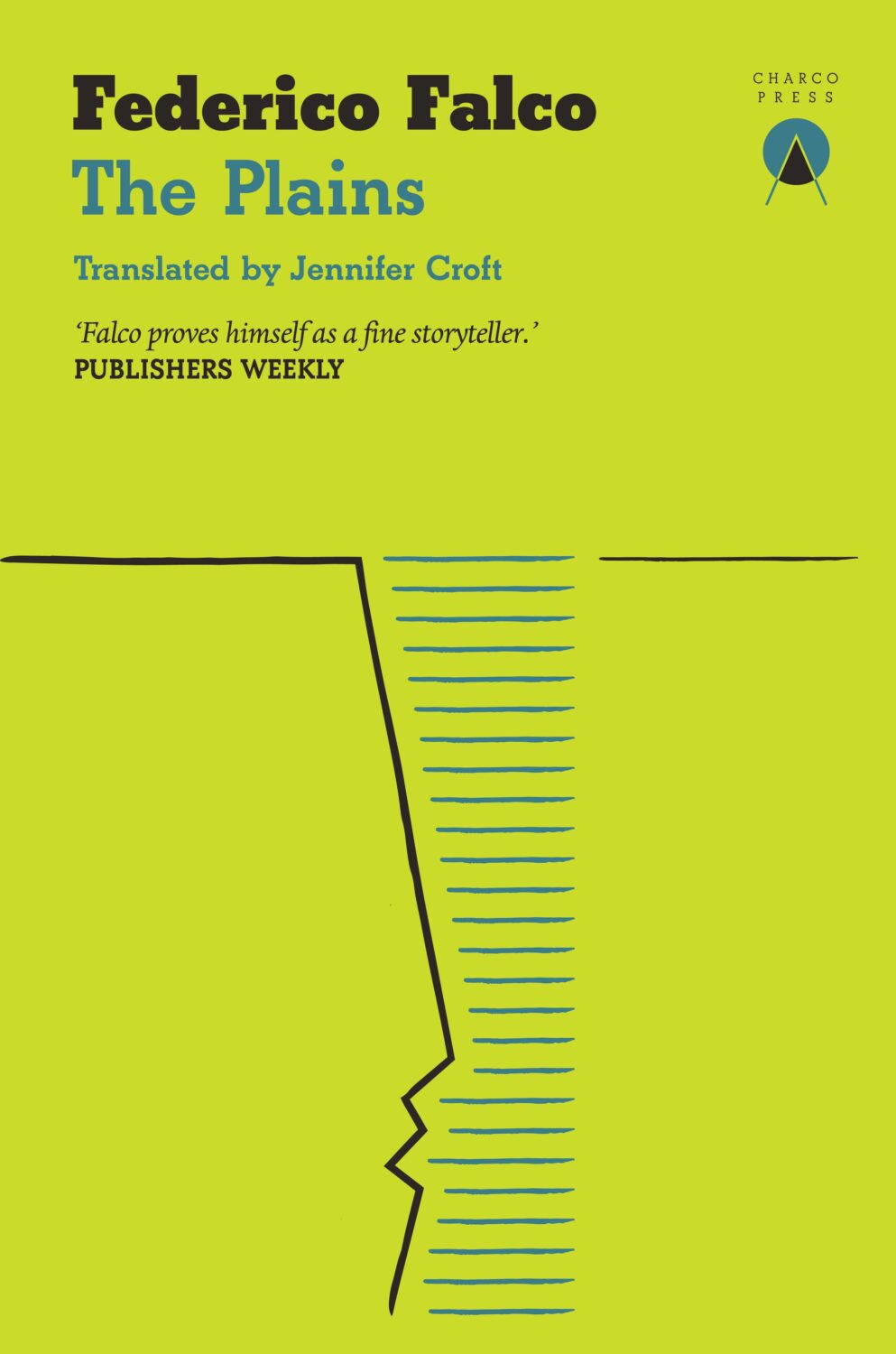
Charco Press, pp. 212
After being broken up with by his boyfriend Ciro, a writer decides to retreat to the Argentinian countryside. There he rents a house and over the course of one year spends his days, weeks and months tending to his vegetable garden until – thus nursed by the quiet of the plains and the stream of his own thoughts – he learns to live with the pain and slowly gets over the break-up.
An elegy about lost love in auto-fictional form, The Plains has the hallmarks of a classic: Its narrative form is pared-down down to essentials, but it’s this extreme simplicity that allows the book to capture so perfectly the passage of time, the healing power of ritual and small everyday things. A restorative walk in nature for our troubled, chaotic times.
Translated by Jennifer Croft.
CHILDISH LITERATURE, Alejandro Zambra
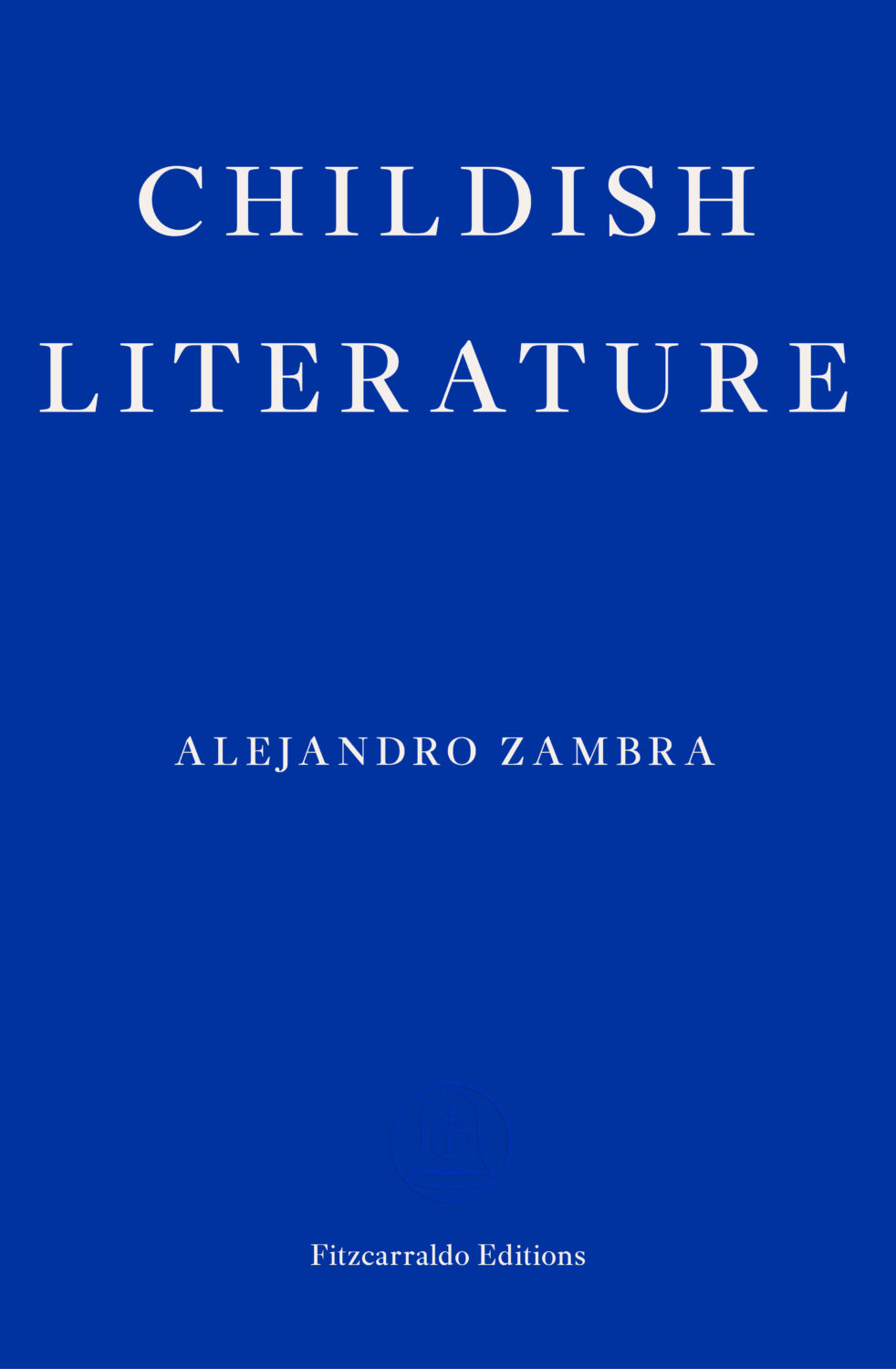
Fitzcarraldo Editions, pp. 216
I am not going to lie, I consider Alejandro Zambra my favourite Latin American writer. There is simply no one else that I know that is able to capture the gregarious, sentimental, sometimes pathetic side of masculinity as well as him (which is quite something given how preponderant, if overlooked, that side of it is).
Childish Literature is the Chilean author’s way of coming to terms with the delicious surprises of paternity. Like his other shorter fictions, it is somehow a hybrid. It starts out as a diary of fatherhood and then it branches out in a number of directions. The short texts have a way of refracting themselves, and not only reveal how it feels to be a father, but illuminate how becoming a father has helped Zambra work through aspects of his sometimes difficult relationship with his own dad.
To top it all off, it features probably the best short texts on the subject of football and football fandom ever written. (Ok, maybe it’s a draw with Fever Pitch.)
Translated by Megan McDowell.
OUR EVENINGS, Alan Hollinghurst
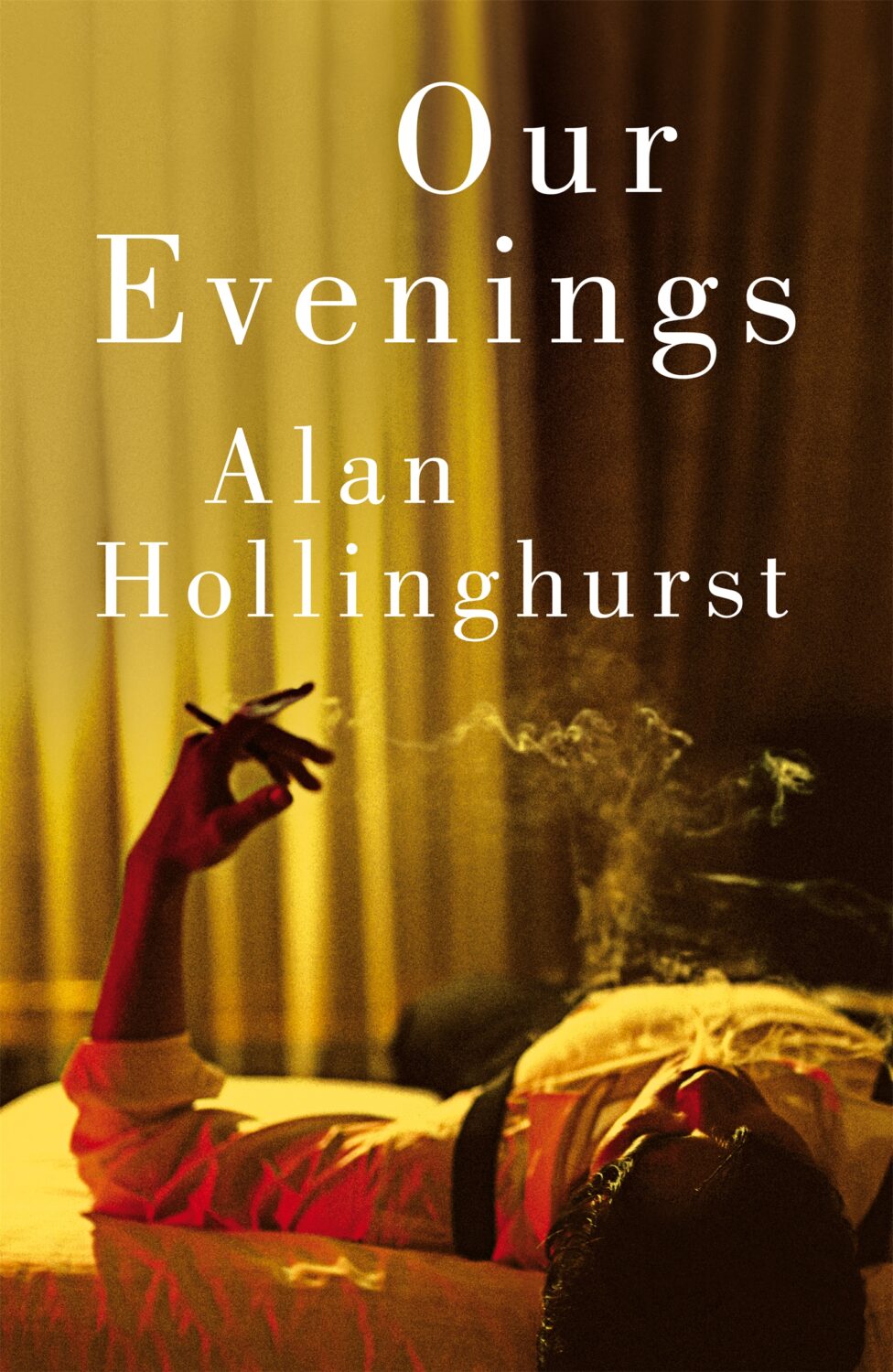
Picador Books, pp. 496
Hollinghurst is the author of Booker-prize winner The Line of Beauty: a book about homosexuality as well as the climate of hypocrisy surrounding the AIDS crisis during the Thatcher years. Our Evenings similarly retraces the trajectory of a gay man’s life as he looks back at different scenes from his life and pieces together his biography from the 1960s to the COVID pandemic in 2020.
As all great realist novels, the book has a way to paint at once a broad social tapestry and get under the skins of its characters, rendering the irreducible individuality of their desires and affections. Though almost canonical by now, I wasn’t familiar with Hollinghurst’s work (it was only mentioned to me once by an editor), but I will now be sure to check out his previous novels.
OVERSHOOT, Wim Carton & Andreas Malm
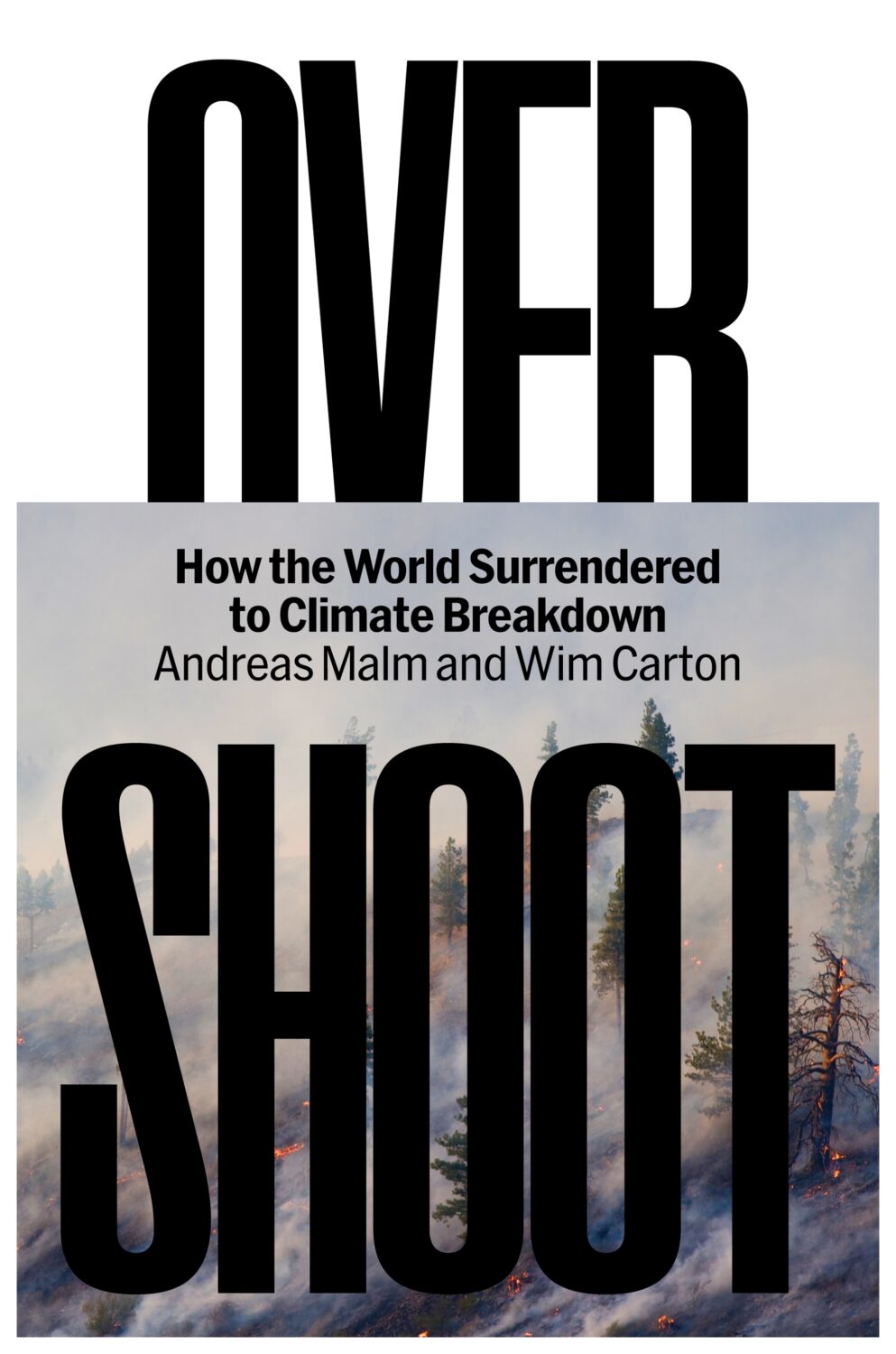
Verso Books, pp. 416
Ever wondered what became of all those pledges of reaching net-zero emissions by such and such date?
Overshoot, the latest book by Andreas Malm – the author of How to Blow a Pipeline (the subject of a dubious Netflix adaptation) – charts the way in which, especially since the pandemic, we have collectively decided to “overshoot” climate targets of 1.5 degrees in the hope of cleaning up the mess at later date with technologies that yet have to be invented, and how this is largely driven by economic interests of oil companies that can’t stand to see their assets depreciated.
This is admittedly a difficult, heavy read. First of all, for its subject matter that ranges from depressing to frightening, but also because of its language which is quite academic. However, I am a great believer in challenging reads, and among the many crises affecting our world, there might not be a more urgent one.
THE EMPUSIUM, Olga Togarzcuk
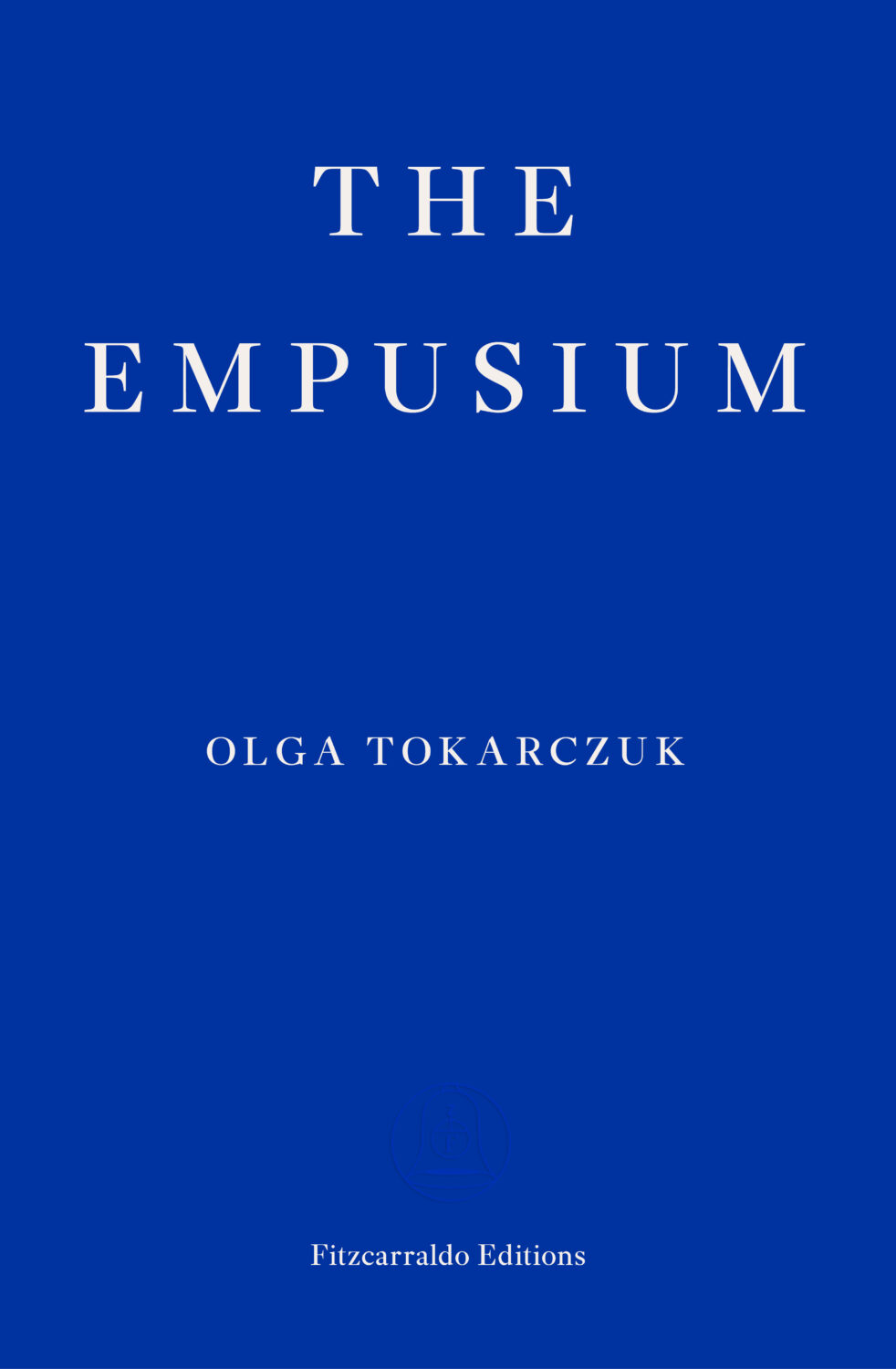
Fitzcarraldo Editions, pp. 336
I am a huge fan of Drive Your Plow Over The Bones of the Dead, which took the hefty topic of animal rights and ran with it in the form of a zany, slow-burning murder mystery.
Set in the same Polish borderlands, The Empusium achieves something similar by injecting the conceit of Thomas Mann’s high-minded, sanatorium-set classic The Magic Mountain with a healthy dose of horror as well as the same biting descriptions and humours touches that made Drive Your Plow so distinctive and fun.
Opinionated and often mischievous, it is a little meandering at times – but that’s what we have come to expect from Togarzcuk, who was recognised with the Nobel Prize in 2018.
Translated by Antonia Lloyd-Jones
Bartolomeo Sala is a writer and reader based in London. His writing has appeared in Frieze, Vittles, and The Brooklyn Rail. Header image courtesy of